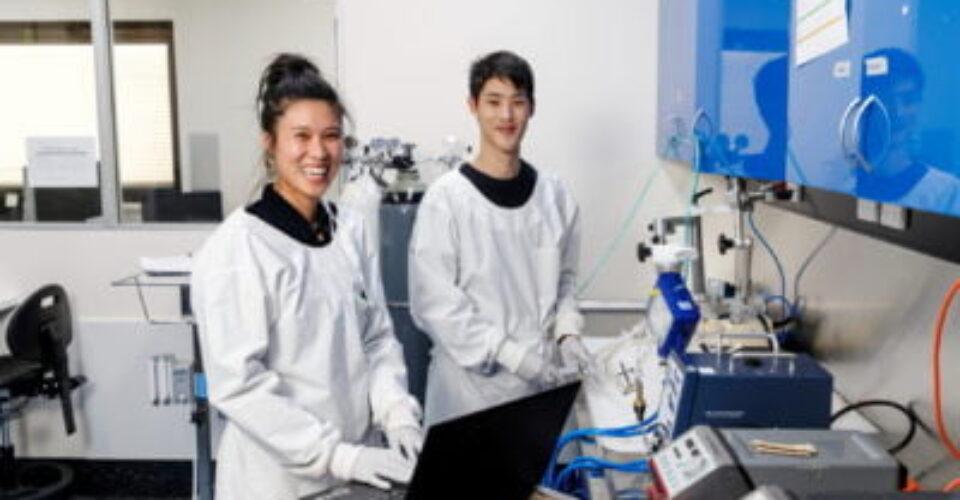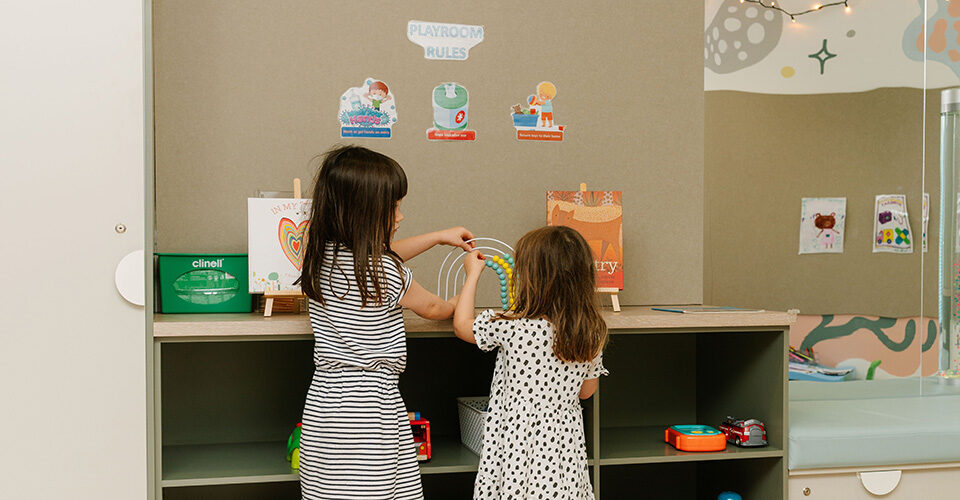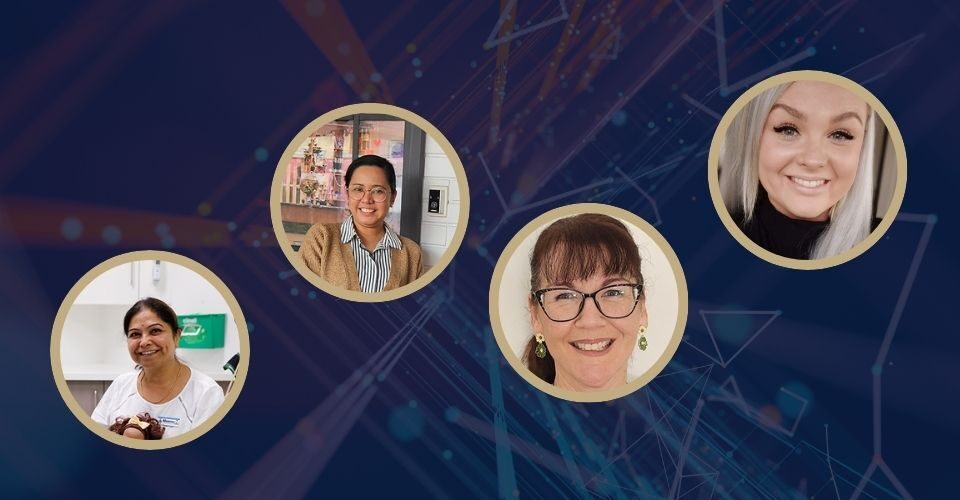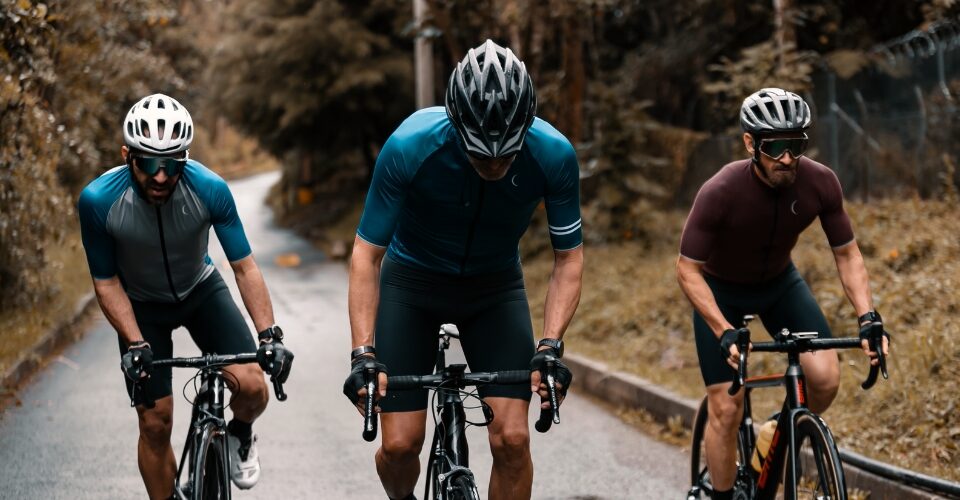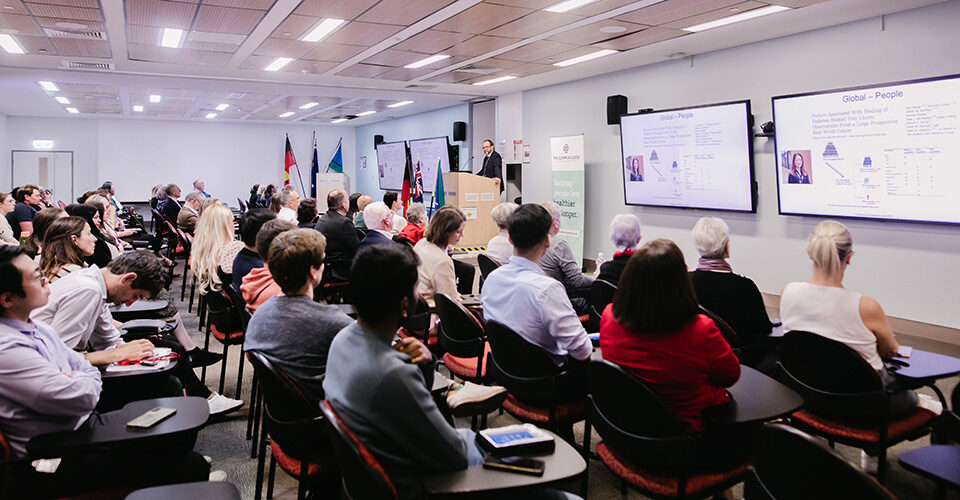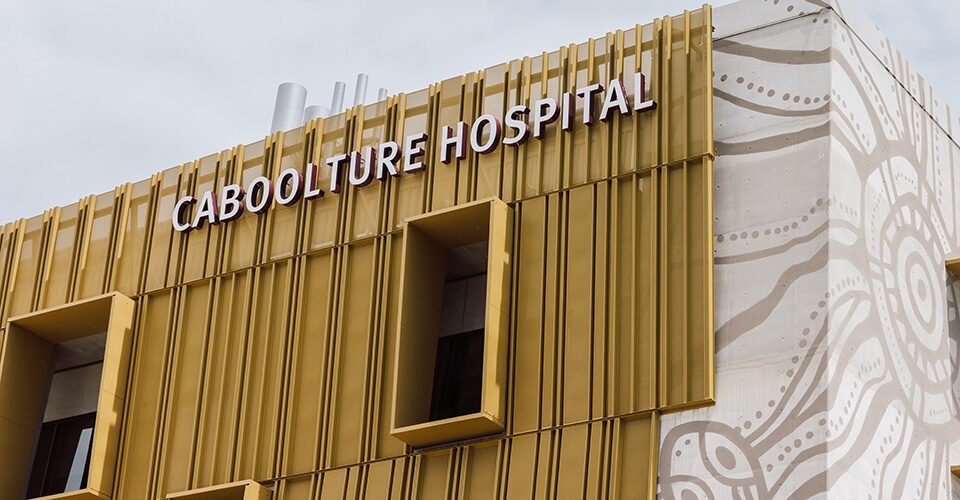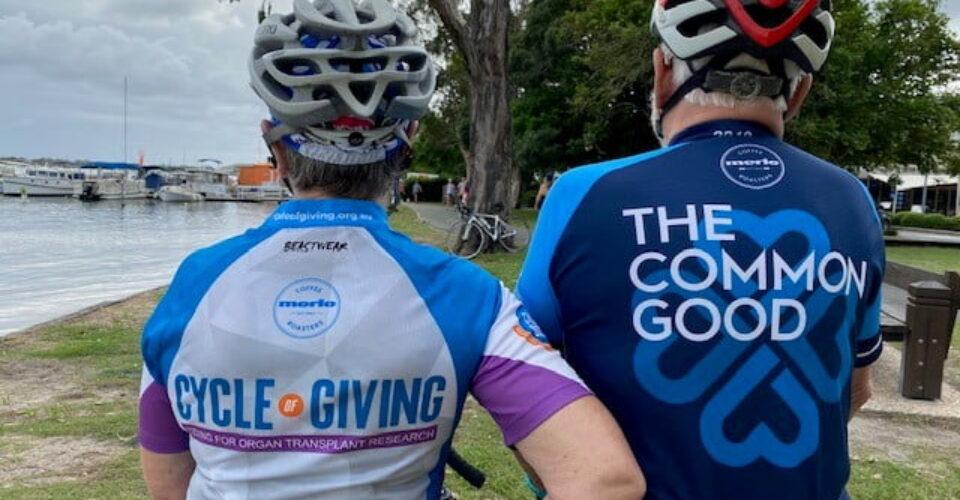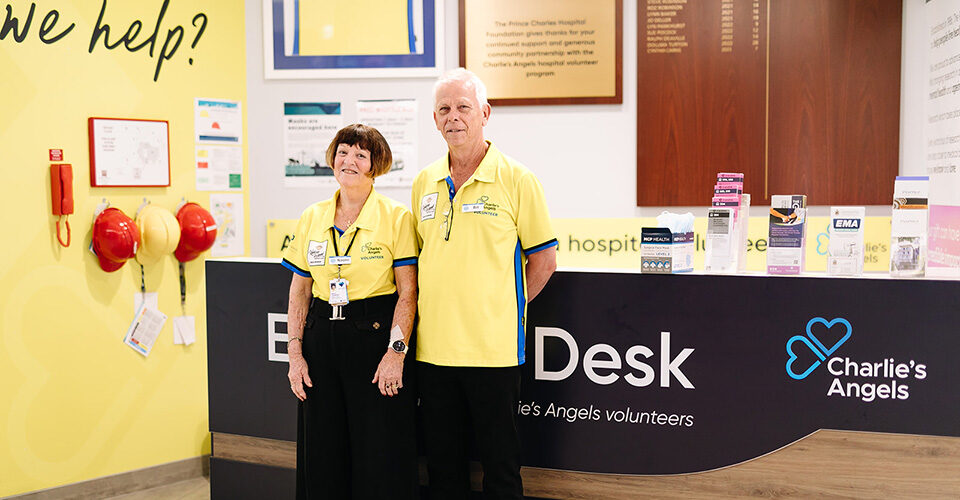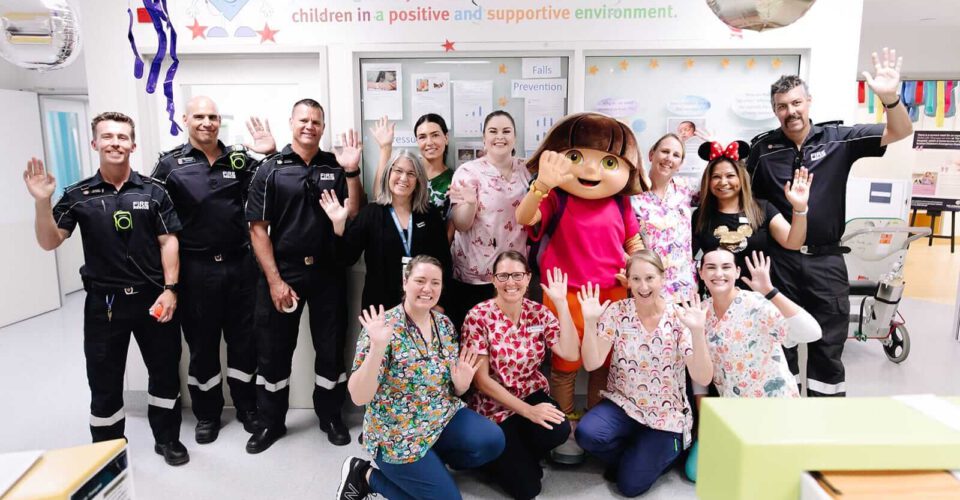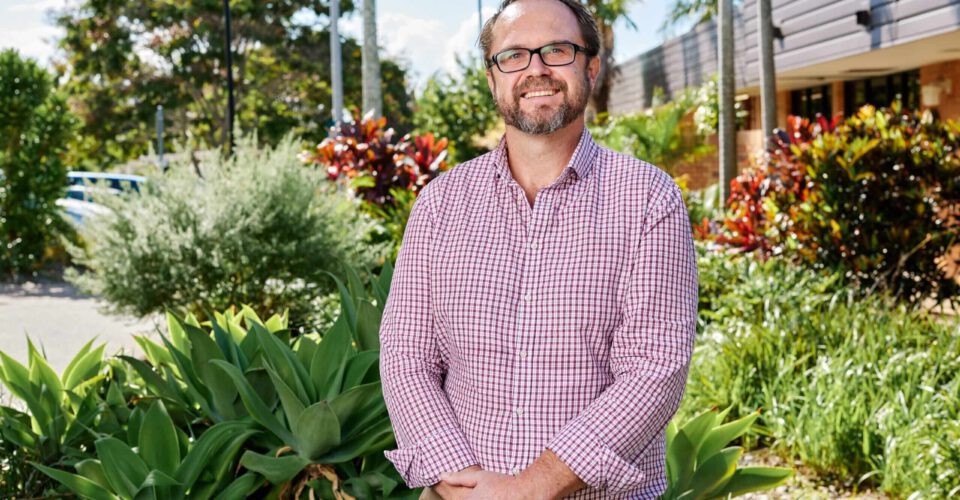Your incredible generosity and support has helped to start the research careers of over 200 nurses, doctors, health practitioners and students, and funded close to $ 2 million in New Investigator grants.
These grants are given to first-time career researchers to support these bright, young minds. Thank you! One of these grant recipients is Talvin Lee, a student who is completing his very first research project thanks to your support. We talked with Talvin about what it’s like to be a researcher and how his research could make big improvements in patient care.
What are you researching?
I’m researching a type of treatment called extra corporeal membrane oxygenation, or ECMO for short. It’s a machine that supports the heart and lungs of people with long-term diseases such as chronic heart failure. While ECMO is an amazing piece of technology, it still has some downfalls—for someone who is already so sick, any complications can be very serious to their health.
So, I’m working on a way to reduce these complications through changing the amount of oxygen running through the machine. For someone with heart or lung failure, it makes sense to give them as much oxygen as they need. But we’ve started to notice that too much oxygen might be harming patients.
We have an ECMO circuit in our lab. We put some sample blood in it, expose the blood to different levels of oxygen, and see if there is any damage or it’s becoming toxic.
Oxygen isn’t like other drugs—it exists naturally, so we don’t have to develop it. If my study finds something, it’s just a matter of turning a valve on the ECMO machine and there will be an immediate impact on the patient.
Why did you choose research?
I like seeing the difference I can make. I was originally planning to study medicine—I really like the clinical aspects. Through research I could help to improve clinical practice, so I decided to do a year of research before medicine.
With science, the results are never related to just one application. If it’s found that too much or too little oxygen is toxic in ECMO, it might be toxic in other situations. It’s humbling to know that my work might open even more doorways for research.
What does the support of the donors who made this possible mean to you?
Knowing that my grant has come from the support and generosity of the public is so humbling—every part of my research has been made possible because of these incredible people. I cannot thank them enough for their support in helping to improve patient care and uncovering new areas of medical research.
Support The Common Good here.
